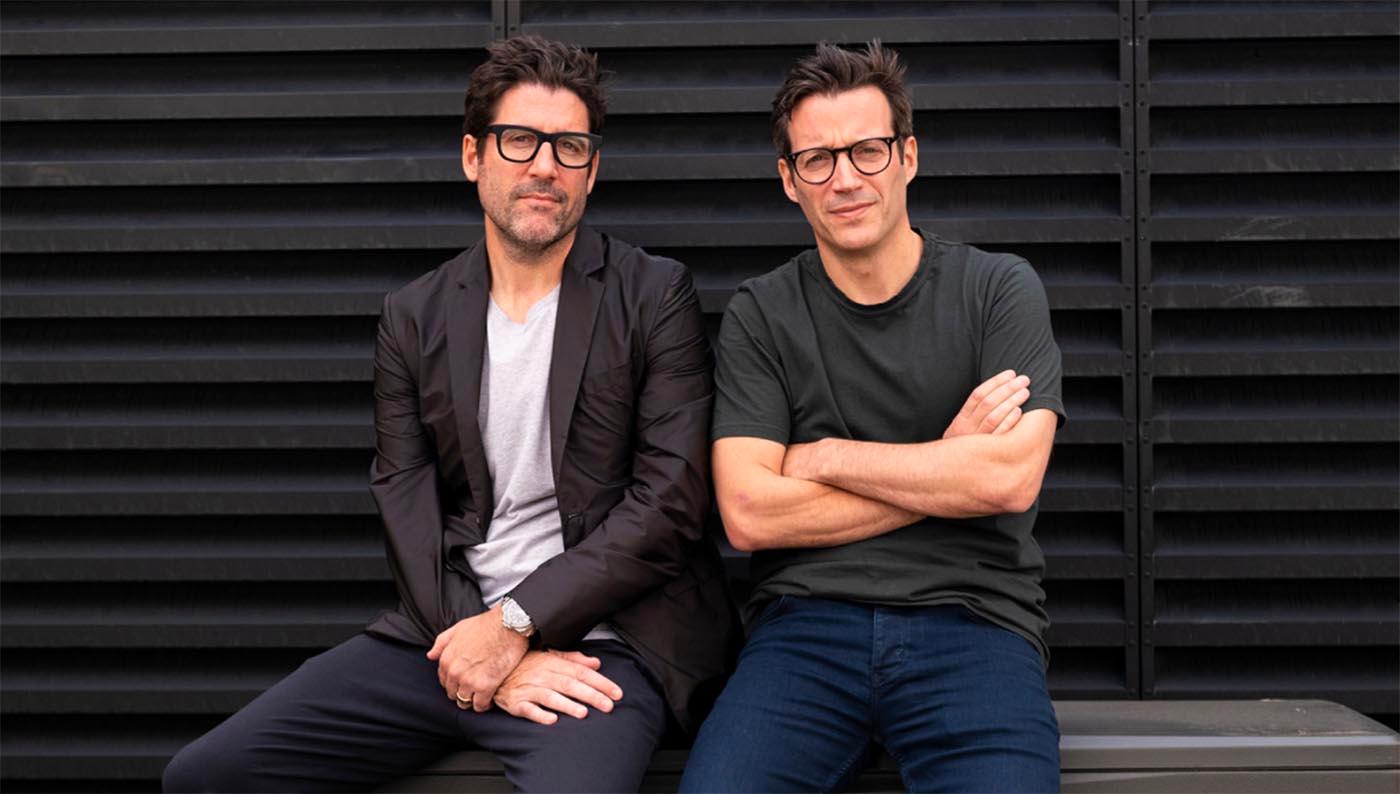Can You Really Buy Longevity?

Wellness is all about longevity right now, but is the ‘living longer’ promise actually the oldest marketing trick in the book?
The wellness industry is booming, and at the heart of many of its promises is the concept of longevity. From dietary supplements to skincare products, detox plans and fitness regimes, everything seems to be marketed with the promise of helping us live longer, healthier lives. But is this “live longer” promise just an age-old marketing trick or is there some truth behind it?
Humans have been fascinated by the idea of living longer since the beginning of time. From ancient myths about the Fountain of Youth to modern-day biohacking, the quest for a longer life has always been a driving force behind innovation and, of course, profit. It’s no surprise that in today’s health-conscious society, longevity has become a core selling point for a multitude of products and services.

The Science Behind Longevity
The truth is, there is no magic pill for longevity. While advances in medicine, science and technology have significantly increased life expectancy over the past century, a lot of what determines how long we live comes down to genetics and environmental factors. However, that’s not to say that lifestyle choices don't play a role.
Studies have shown that maintaining a healthy diet, regular physical activity, not smoking, and moderating alcohol intake can significantly improve life expectancy and overall health. Some supplements, like Vitamin D and Omega-3 fatty acids, have been linked to better health outcomes, but these are small factors in a much larger picture.
It’s also important to note that living longer does not necessarily mean living better. The focus on longevity in wellness marketing often overlooks the fact that quality of life is just as important as quantity. Living to 100 means little if you spend the last 20 years suffering from chronic illness.
Marketing Longevity
Brands and companies have long capitalised on our desire to extend our lives. The promise of longevity has been a staple of advertising, dating back to ancient times when snake oil salesmen peddled elixirs of youth.
Today’s equivalent comes in the form of anti-ageing creams, detox teas and expensive fitness programmes. The promise is often subtle: use this product and you’ll not only feel better, but you might live longer too.
But many of these claims are unsubstantiated. While some products may contribute to a healthier lifestyle, they cannot guarantee a longer life. This is where marketing comes in – the promise of longevity is less about concrete results and more about selling the idea of control over your own fate.
The Real Path to Longevity
While the wellness industry may sell the dream of eternal youth, true longevity is more about balance than any quick fix. A diet rich in whole foods, regular physical exercise, good sleep and strong social connections have all been proven to increase not just lifespan, but also healthspan – the number of healthy years you enjoy.
The key takeaway? You can’t buy longevity in a bottle or jar. Instead, long life is built on sustainable, healthy habits. The wellness industry may offer tools to support these habits, but it’s important to approach any longevity promises with a healthy dose of scepticism. After all, living well isn’t just about living longer – it’s about enjoying the years you do have.














